Journal
We have been documenting the Caravane since July, 2018. Since our first expeditions to India, Morocco, Algeria and Colombia, cameras have been capturing the beauty of surviving craft practices and the work that goes into purposeful art.
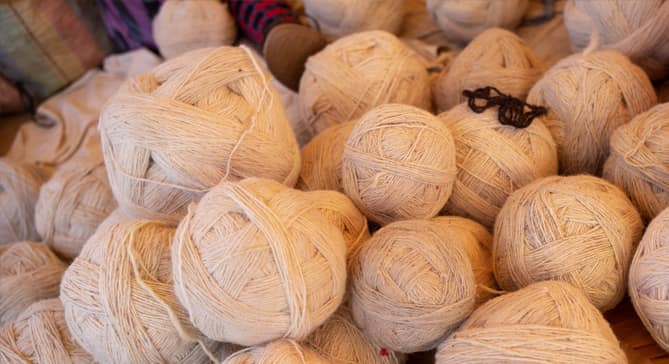
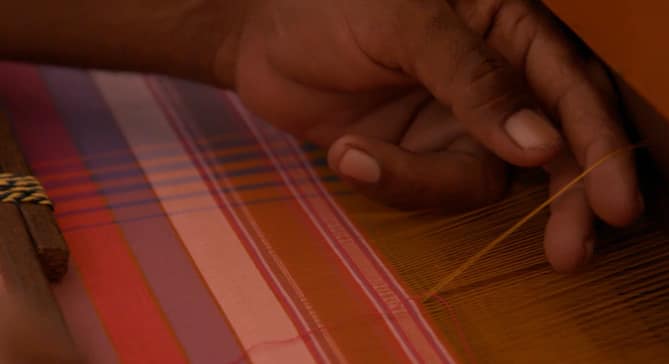
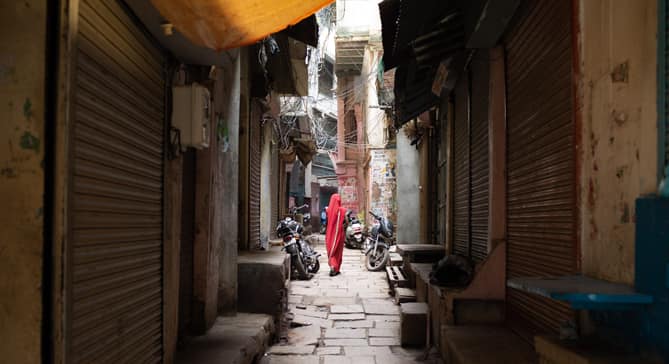
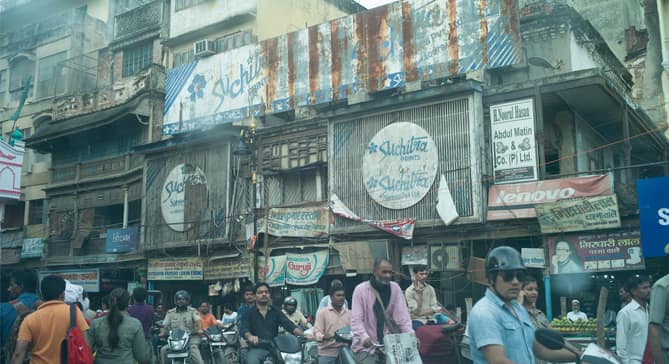





The Amazigh people of Morocco are all connected to textile production in some way — whether by grazing sheep on the land or tending to animals or spinning wool or weaving. The relationship they have with their livestock and textile craft is an ancient way of life still proudly observed today. Wool is considered sacred because it binds together their lifestyle with their livelihood.
During a trip to source textiles, Caravane DoP, Jörg Gruber, and our North African textile partner, Nina Mohammed Galbert, decided to shoot a photo essay that would capture and share the astounding beauty in the people and landscapes of Morocco. It was a simple idea to photograph Nina's archive of traditional textiles and some of her designs in and around the Atlas Mountains where they are produced.
Jörg and Nina spoke with people on the street, by the seaside, in medinas, in coffee houses, at work and in their homes. They asked young and old people about their dreams, where they would like to be and what they want to become. Each person was photographed wearing a textile of their choice. Jörg and Nina’s photo essay depicts the rich textile art of Morocco while attempting to understand the community who produces them
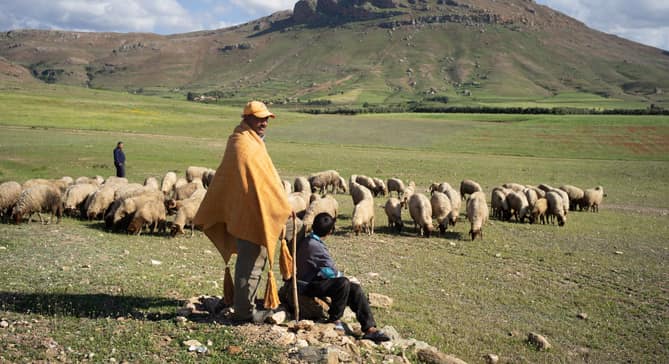
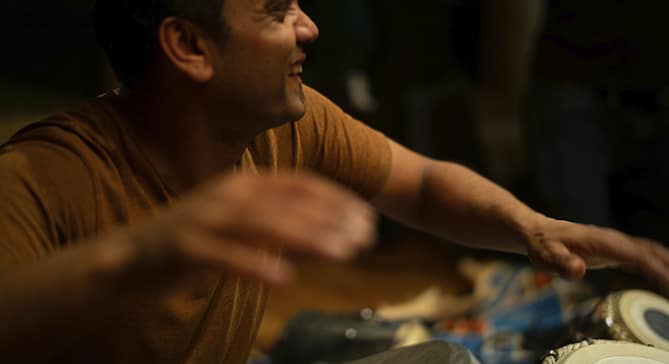
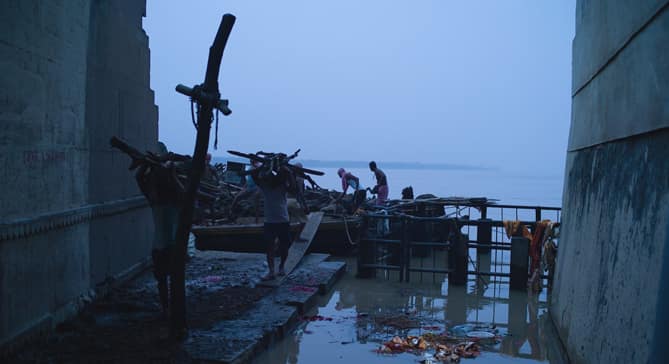
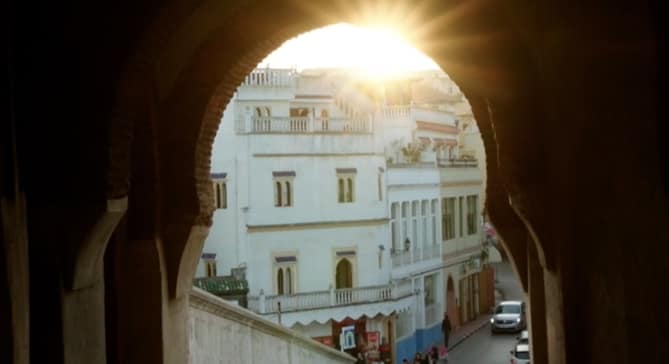
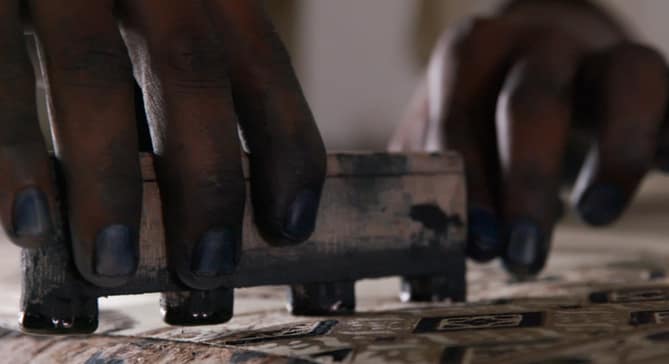


Fyrrah is one of the oldest living musicians who plays the Imzad. Imzad is a traditional Tuareg instrument played only by women. They normally make Imzad themselves. Imzad’s body is made out of a pumpkin, its neck is made of wood covered by animal skin. The horse-tail strings are played with a round bow made also from horse tail hair. In the evenings women usually gather for the ceremony called “takket” where they play imzad and sing. The knowledge of how to grow, harvest, build, maintain, and play this instrument was passed down through generations in close family circles. Today there are only a few women in the Sahara who have this knowledge. These women masters have been the vessels of the music of the desert for as long as anyone can remember. Young people in Taureg families are ready to face their future without this music, and prefer to spend time relaxing in front of a television or computer screen.
September, 2018
To be honest I had no idea that tea would become such an important part of my journey to Algeria. I didn’t know that tea is a significant part of nomad culture. There are no restaurants or cafes in the small villages of Sahara. But tea itself – is the mean and a place for a meeting, for a talk and discussion. Very sweet green tea with froth above. They start to prepare it before they eat food and drink only after. I don't even know how many glasses of this hot tea I drank there.